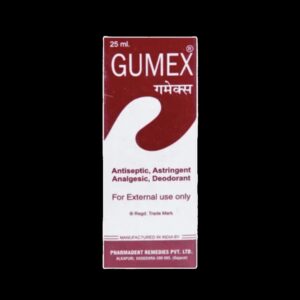POTASSIUM IODIDE
POTASSIUM IODIDE: Potassium iodide is a medication that contains iodine, a chemical element essential for the production of thyroid hormones. It is primarily used to prevent or reduce the effects of radioactive iodine on the thyroid gland in the event of a nuclear radiation emergency.
The mechanism of action of potassium iodide involves saturating the thyroid gland with non-radioactive iodine. By doing so, it prevents the uptake of radioactive iodine, reducing the risk of radiation-induced thyroid damage or cancer. It works by blocking the thyroid gland’s ability to take in radioactive iodine, which is a common byproduct of nuclear accidents or incidents.
The recommended dose of potassium iodide depends on the age group and the body weight of the individual. For adults, the typical dose is 130 mg (one tablet) once daily. For children, the proper dosage is based on age and ranges from a quarter tablet to one full tablet daily.
While generally safe when taken at recommended doses, potassium iodide can still cause side effects. Some common side effects may include gastrointestinal upset, such as stomach pain, nausea, or vomiting. It may also cause allergic reactions, including rash, itching, or swelling. In rare cases, potassium iodide can cause more severe side effects, such as thyroid problems, increased heart rate, or electrolyte imbalances.
It is important to note that potassium iodide should only be taken as directed by healthcare professionals and in the event of a nuclear radiation emergency. It should not be used as a preventative measure in non-emergency situations, as it can have severe adverse effects when taken unnecessarily.


